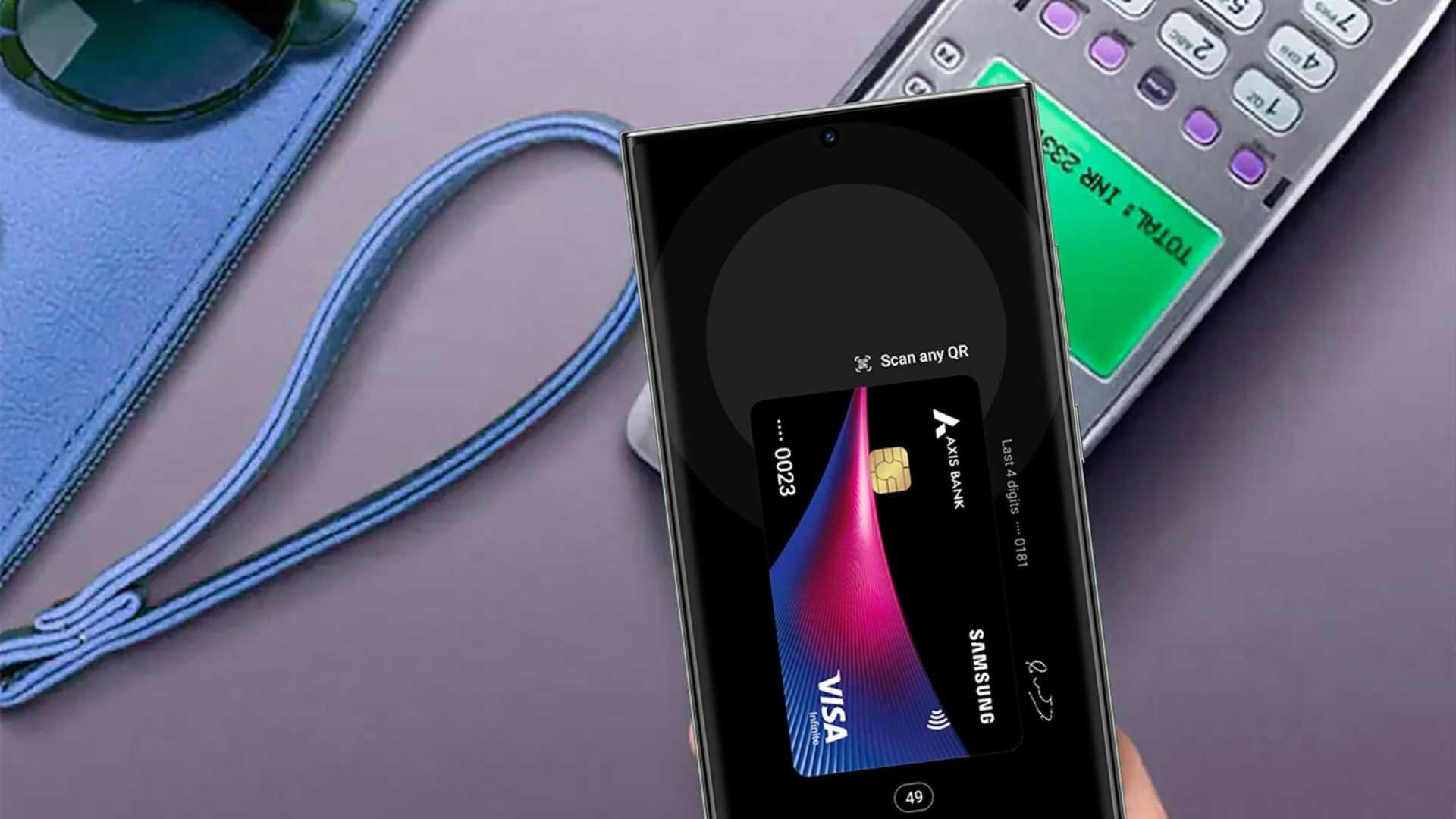Samsung Pay was launched in 2015, and it has been close to eight years. Over the years, Samsung partnered with dozens of banks and card providers worldwide to bring easy mobile payments to consumers. However, the company has decided to drastically change its strategy over the past few months after the launch of Apple Pay in South Korea.
Samsung may charge card companies a fee per payment but offset a part of those charges with marketing support
The South Korean firm has never charged banks and card issuing companies to make their cards compatible with Samsung Pay. However, Apple charges financial institutions for Apple Pay compatibility. Now, even Samsung will start charging fees to banks for Samsung Pay. However, according to a report from Pulse News, Samsung is working on a marketing strategy that returns an amount of the fees it charges card companies. That amount can vary depending on the card payments, though.
This new strategy is similar to marketing support offered by global payment processing companies like MasterCard and Visa to their partners. The fee structure is yet to be fixed by Samsung, and the company is likely to take a variable pricing approach. The company could factor in things like the market share of the card issuer and the volume of payments.
Samsung has reportedly notified around 10 card companies about the end of the automatic extension of previous contracts. It means that the South Korean firm will renew contracts after factoring in charges for using Samsung Pay. If it charges a 0.15% fee per payment like Apple, card companies may have to pay KRW 70 billion (around $53.5 million) in fees per year. It remains to be seen how many card companies will stay with Samsung Pay after these changes happen.







